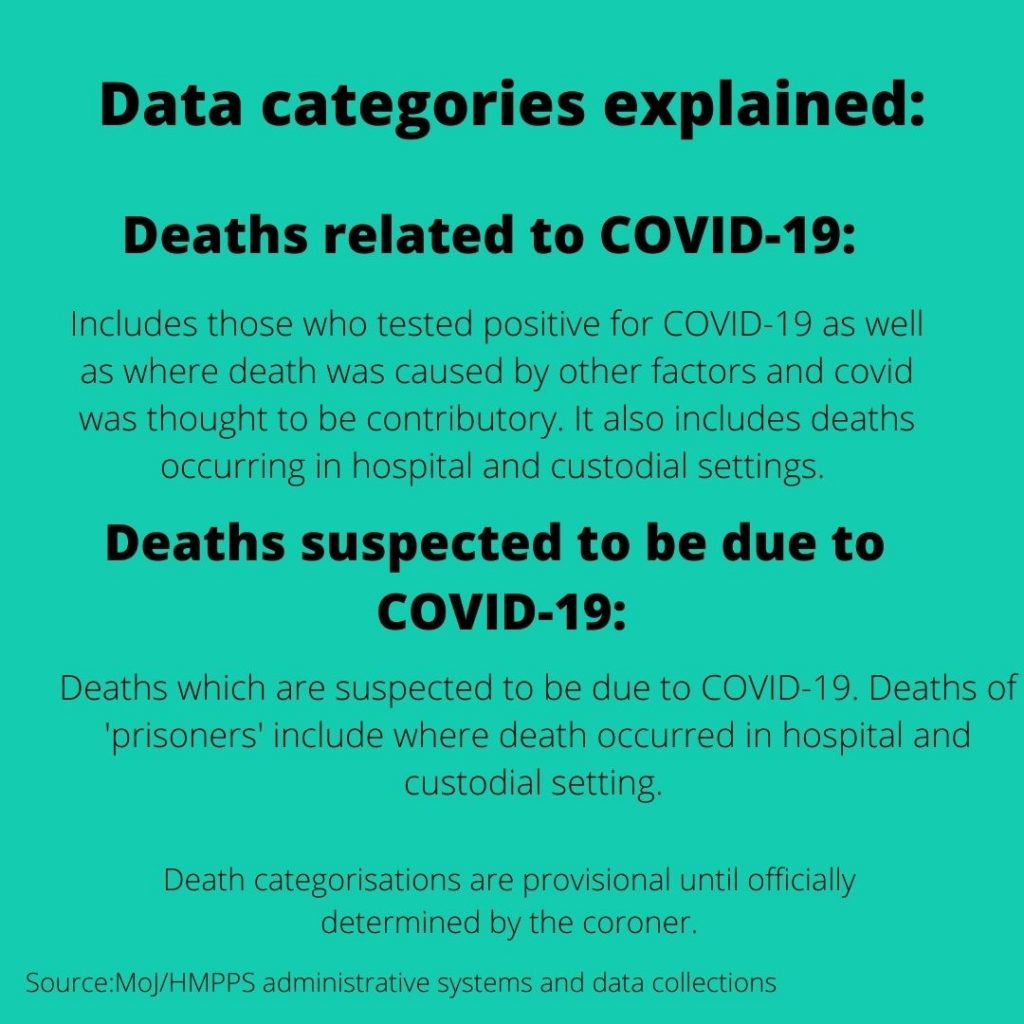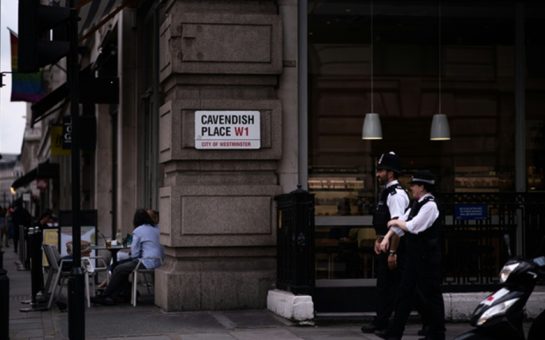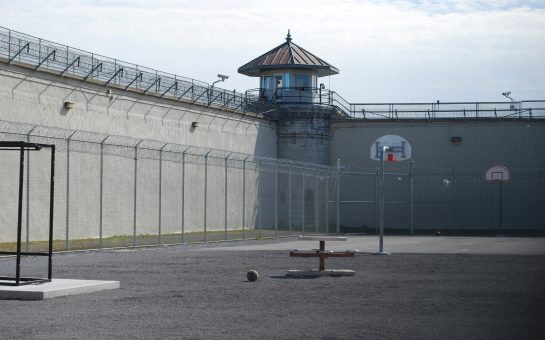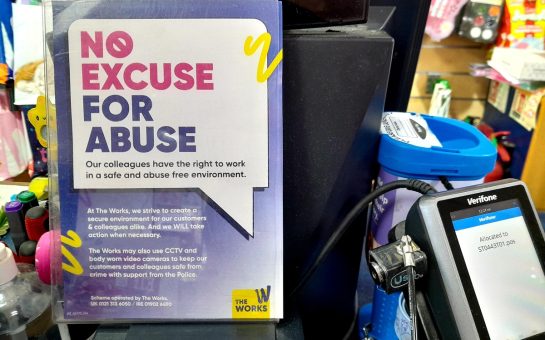Prison charities warn that more action is needed to prevent further COVID deaths in prisons, as figures show record high numbers of prisoners dying due to the disease in December.
Between last March and the end of December, a total of 122 people in prisons in England and Wales had died due to suspected COVID or COVID-related deaths, HMPPS figures show.
From July and September, no COVID deaths in prisons were recorded and by the end of January, 107 establishments had prisoners or children testing positive with the virus.
Rob Preece, Campaigns and Communications Manager for The Howard League for Penal Reform said: “As you’ll see from the figures up until July 2020, the spread of the virus was contained to some extent but that’s come at an enormous cost.
“It means that tens of thousands of people in prison have been held either in conditions of solitary confinement or overcrowding.”
He added that while deaths in prison are lower than initially feared, widespread vaccination of prison staff and inmates, and reducing the prison population, are needed to prevent further deaths.
He said: “It’s very difficult. All I know is that the Government could have done much more much earlier to reduce the prison population, and that may have kept more people safe. It’s not too late for the Government to still reduce the population further.
“This prolonged lockdown is causing really irreparable damage, and that should worry all of us because as people come to the end of their sentences and come to their release, without having been given the help and support they need, then obviously it’s much harder for them to be led away from crime.”

The vaccine rollout in prisons was announced by Lucy Frazer, Prisons Minister, at the end of January.
Frazier said that prisoners who are eligible for the vaccine will be offered it in line with the community.
This is in addition to existing COVID measures in prisons such as routine testing, isolation units for COVID-positive inmates and the temporary suspension of visits.
Moreover, at the start of the pandemic, charity Women in Prison launched its campaign #Release2SaveLives with Inquest, which called for the early release of prisoners who were soon to be discharged in order to reduce the impact of the virus in prisons.
The Government’s early release scheme identified up to 4,000 people eligible, but faced criticisms as under 300 inmates were released before the scheme was paused in August.
Women in Prison believe that the early release scheme could still help to limit the spread of virus in prisons.
Sorana Vieru, Head of Campaigns and Public Affairs for the charity, said: “The Government can still honour its promise and resume its Early Release Scheme allowing women to safely isolate in the community.
“And for those not eligible, we can prioritise the vaccine so women can spend the much-needed time outside of cells.
“If this was implemented properly, coupled with adequate support on release for welfare and housing needs, we might be in a better position now to safely relax regimes inside.
“However, there is still time to get this right and resume an early release scheme, to protect both people in prison and the community while limiting a mental health crisis.”
The charity also raised concerns over a sharp increase in self-harm incidents among women inmates, a worrying sign of the impact of lockdown restrictions.




